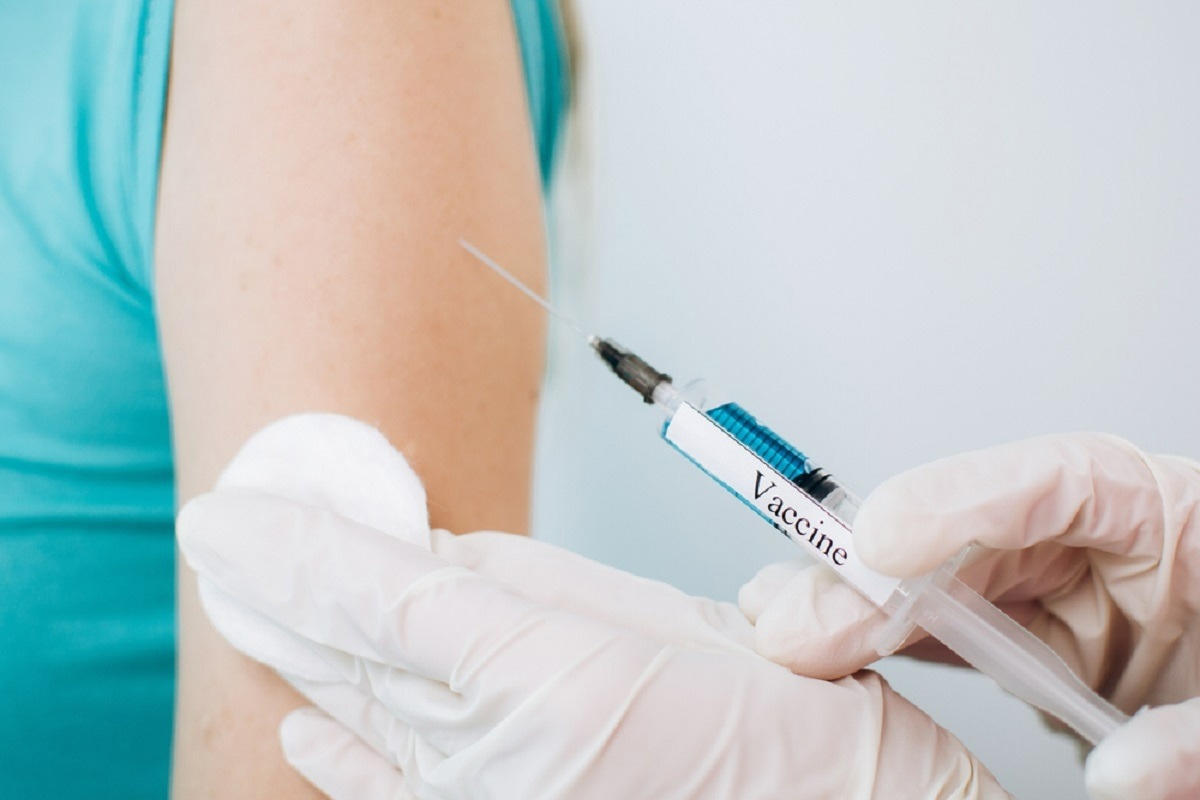In a recent study published in Science Translational Medicine, researchers found that vaccinated people were at an increased risk of infection with severe acute respiratory syndrome coronavirus 2 (SARS-CoV-2) Beta, Gamma, or Delta variants.

Background
The widespread transmission of SARS-CoV-2 has been associated with the viral evolution and the continual emergence of mutant variants. Although multiple nucleotide mutations are synonymous, numerous amino acid substitutions in the viral spike protein’s functional domain have been reported to affect SARS-CoV-2 transmission, the severity of the coronavirus disease 2019 (COVID-19), and prior immunity.
So far, five variants of concern (VOCs): Alpha, Beta, Gamma, Delta, and Omicron, have been identified. Various studies have reported that convalescent and post-vaccination sera show poor in vitro neutralization of VOCs, with no/slight loss of sensitivity for the Alpha VOC but a higher decrease in the sensitivity for Beta Gamma, Delta, and Omicron VOCs.
About the study
In the present study, researchers assessed whether infection- or vaccination-induced immunity was less protective against infection by specific SARS-CoV-2 variants. The central objective of the study was to investigate if there was a higher risk of infection with Beta, Gamma, or Delta variant relative to Alpha variant in those with pre-existing vaccine/infection-induced immunity.
The team implemented a case-only approach, wherein the immune status among subjects for infection with Beta, Gamma, or Delta variant was compared to Alpha infection. Fully vaccinated status was defined as receiving two doses of Comirnaty, Vaxzevria, Spikevax, or one dose of Janssens’s COVID-19 vaccine.
Past infection history was based on a documented positive result in the national database, albeit some cases were self-reported. In the primary analysis, the proportion of the four VOCs was compared among four immune groups: 1) non-vaccinated, infection-naïve, 2) partially vaccinated, SARS-CoV-2-naïve, 3) fully vaccinated infection-naïve, and 4) non-vaccinated with prior infection.
A multinomial logistic regression analysis assessed the association between the risk of infection by the specified VOC and the immune status. Odds ratios (ORs) were computed with 95% confidence intervals for any vaccine type and individually for each vaccine. An OR greater than one meant less protection by pre-existing immunity from infection by the indicated variants (Beta, Gamma, or Delta) relative to the Alpha variant.
Findings
More than 660,000 COVID-19 cases were registered in the Dutch national surveillance database from March 1 to August 31, 2021. Of these, 3.9% were fully vaccinated, 5.8% were partially vaccinated, and 1.6% had a prior SARS-CoV-2 infection. Most fully vaccinated individuals (67%) received the Comirnaty vaccine. Over 29,300 sequenced samples were included; additionally, 1516 samples were randomly selected for sequencing.
About 94.4% of COVID-19 cases until June 2021 were caused by SARS-CoV-2 Alpha, with Beta (1.3%) and Gamma (1.6%) variants accounting for a small proportion. Notably, the proportion of Delta-infected cases increased sharply from 0.9% in May to > 98% in August 2021. Altogether, 58% were Alpha variant sequences, 0.7% were Beta, 0.8% were Gamma, 38.7% were Delta, and 1.7% were sequences of other variants.
Regression analysis revealed a significant association between complete vaccination and Beta, Gamma, or Delta variant infection relative to Alpha infection. There was a less robust and non-significant association of partial vaccination with Beta or Gamma variant infection but significant for infection by Delta variant.
No association was evident between past infection and infection by Beta, Gamma, or Delta variant compared to the Alpha variant. The authors noted a significant association of younger age with Delta variant prevalence. Similar results were obtained for the Delta variant when molecular sequence data (excluding additional randomly sampled data) were used for analysis.
There was a significant association of partial vaccination with the Delta variant for Comirnaty and Vaxzevria vaccines, but not Spikevax. Moreover, when stratified by the time since (complete) vaccination, the association for those with a shorter interval, i.e., 14 to 59 days, between past infection and last vaccination was higher than individuals with a longer interval (60 days or more).
Conclusions
In summary, the study demonstrated that the risk for SARS-CoV-2 Beta, Gamma, or Delta infection was elevated compared to Alpha infection among fully vaccinated individuals, irrespective of the vaccine type. This indicated lower vaccine effectiveness against Beta, Gamma, and Delta variants than Alpha. Of note, there were no significant differences in the susceptibility to any of the specified VOCs (relative to Alpha) between those with infection-induced immunity and naïve subjects.









 Add Category
Add Category

